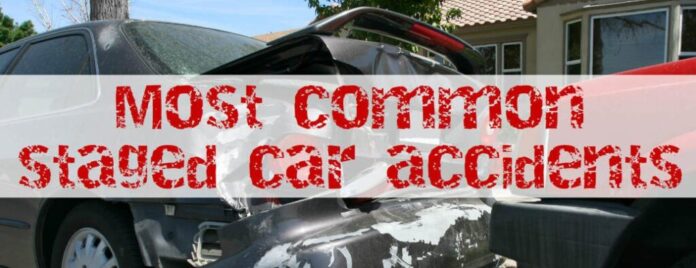Changing your tires to winter tires at the right time will save you money and get you more mileage per tire. Switching them out a couple of times a year can be a bit of a hassle, but it’s well worth it for your wallet and your safety. You certainly don’t want to have to make a claim for an accident that winter tires could have prevented.
When to change your winter tires
Generally speaking it’s best to have winter tires when temperatures drop below 7 ºC. Colder than that and your all-seasons become stiff, which means longer braking distances in cold, wet, icy or snowy conditions.
Winter tires are designed to perform best on ice and snow in sub-zero temperatures. The tread compound is designed to allow for better traction when stopping and to give drivers a better grip on cold roads. Winter tires can reduce braking distance by 25% on average compared to all-season tires. They’re simply better equipped for cold climates.
Why are all-season tires not good for all seasons?
All-season tires are designed to ensure safe driving in a wide range of conditions, including muddy and wet surfaces. All-season’s are great for most of the year, i.e. in spring, summer and fall. But the fact of the matter is, once temperatures drop below 7 ºC, nothing compares to the safety and control you get with proper winter tires.
Choose your type of winter tire!
Not sure what type of winter tire is right for you? Three main factors to consider are terrain, distance and driving conditions. Check the table below to find the right tread for your needs:
| Long-distance/highway-drivers |
|
| Short distance/city drivers |
|
| Rural areas/countryside drivers |
|
Timing is everything
Once the temperature is consistently above 7 ºC, it’s time to switch back to all-seasons. Driving with winter tyres on dry pavement in warmer temperatures will wear them out faster, which means buying a new set sooner. You’ll also notice that winter tyres tend to be more flexible in the summer, which compromises your vehicle’s handling and makes braking distances longer.
The Ministry of Transportation Ontario’s website has some more helpful winter driving tips:
www.ontario.ca/page/winter-driving
Reach out to an Aaxel broker for advice on all of your Home, Auto, and Commercial Insurance needs.





